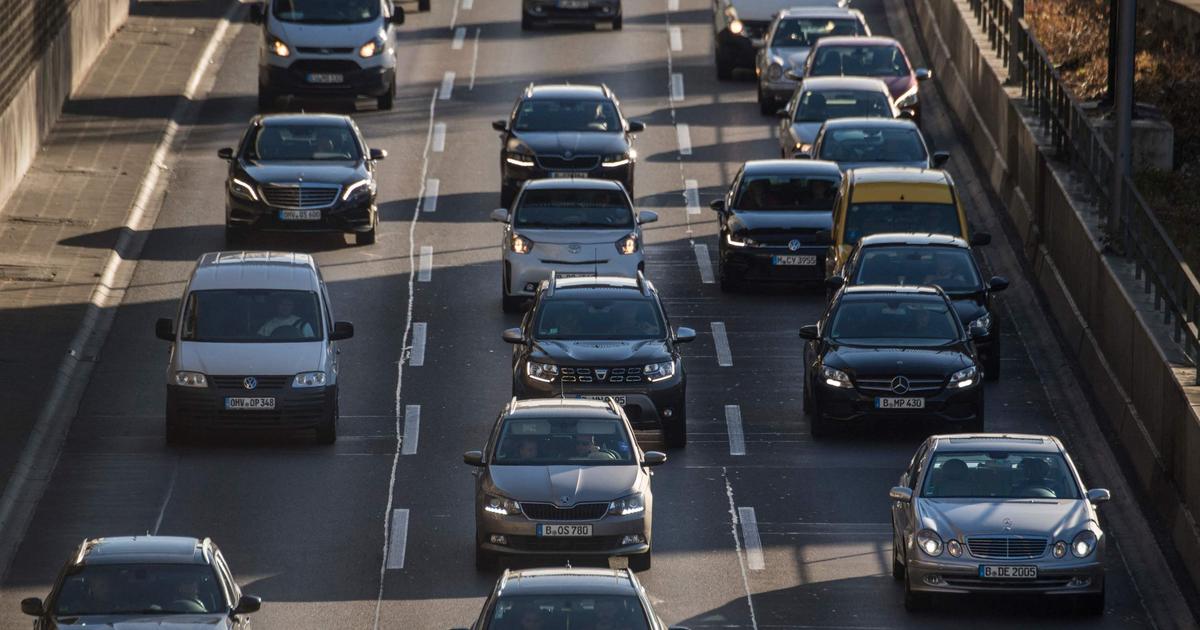Germany is not doing enough to decarbonise its transport sector and reduce pollution from road traffic, the OECD criticised in a report published on Monday 8 May.
«
The decarbonisation of the German transport sector is not on track," writes the Organisation for Economic Co-operation and Development (OECD) in this report on the climate policy of Europe's largest economy. The transport sector has traditionally been the black spot in Germany's CO2 emissions balance.
See alsoSoler relies on charcoal to decarbonize industry
As in the previous year, it only met the government's targets for reducing greenhouse gas emissions in 2022, recording a slight increase of 0.7%, according to official figures. "Efforts to reduce emissions are hampered by the increase in the number of passenger cars and the growth in heavy vehicle traffic," says the OECD.
'Taking bold action'
The OECD deplores the missed opportunities for reform, whether it is to impose speed limits on motorways, road or urban tolls, or the increase in parking fees. Transport policy is one of the bones of contention within Olaf Scholz's coalition between the Liberal Party's transport minister and green ministers who accuse him of not doing enough against car pollution.
While electromobility will play a decisive role in the decarbonisation of transport, "Germany must not aim to replace every petrol or diesel vehicle with an electric car", warns the OECD. The country is called upon to "take bold steps to move from isolated measures aimed primarily at putting less polluting cars on the road, to an integrated mobility strategy".
Environmentally harmful subsidies
The disproportionate importance given to the car "is reflected in the tax system," adds the OECD, noting that in Germany, "the revenue from transport-related taxes is well below the OECD average." Thus, Germany "is one of the few countries not to levy tax when buying or registering a vehicle".
Company cars, which account for more than 60% of new cars, continue to be subject to low flat-rate taxation (1%), resulting in tax revenue losses estimated at €3.1 billion for 2018. Employees travelling to work by car also benefit from an advantageous flat-rate allowance.
See alsoThe decarbonization of industry boosts electricity needs
Environmentally harmful subsidies have increased over the past decade, according to the OECD, with an estimated €2018 billion in 65, up from €48 billion in 2008.

